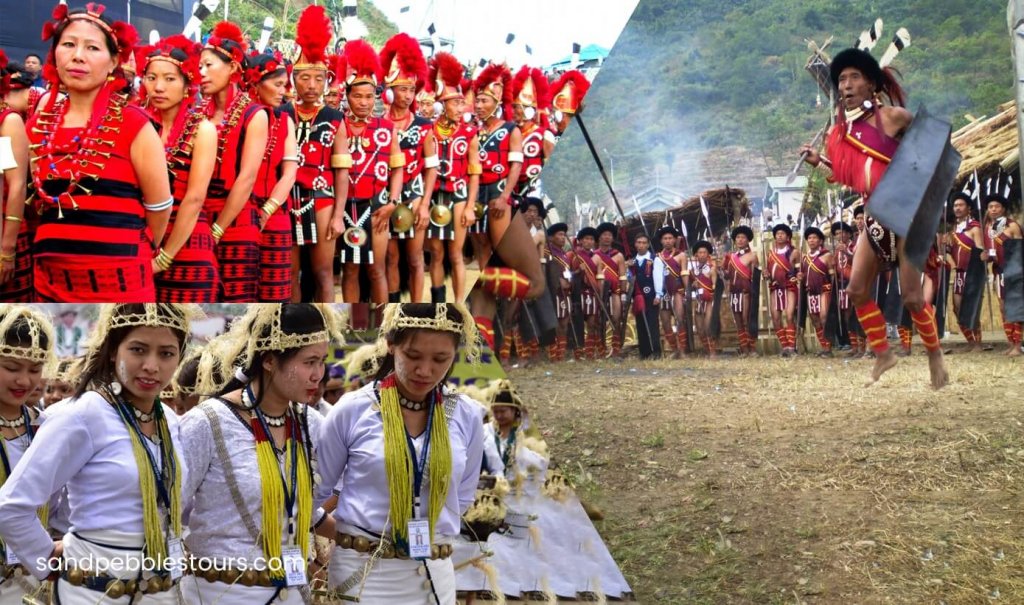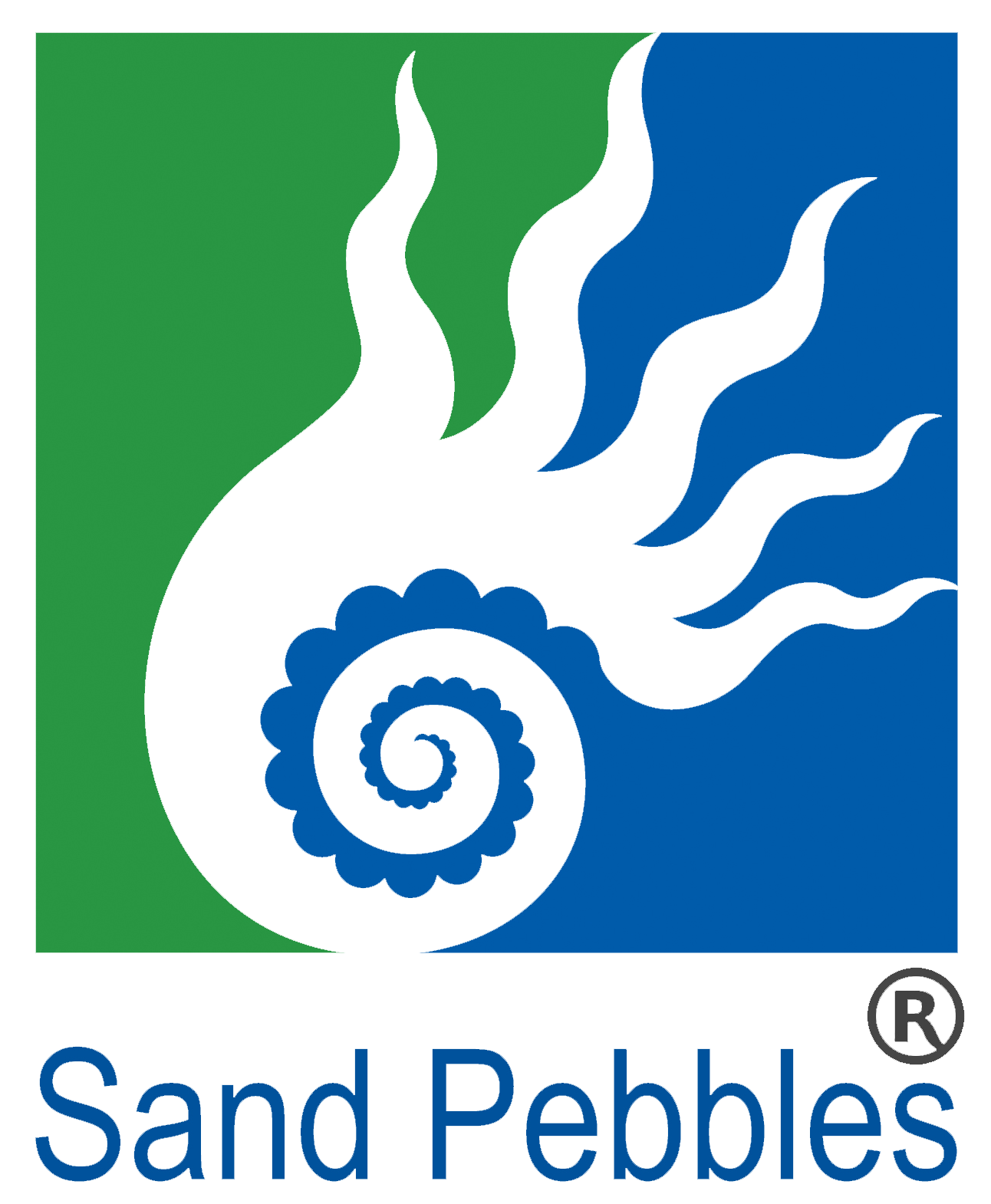
Culture has that magic to mesmerize even the ones who don’t believe in it. India being a country where culture and tribes have a different meaning altogether, travellers all around the world come to witness the awe-inspiring culture of the country. Arunachal Cultural Tribal Tour will take you through the unexplored and unspoiled hills where the major tribes of Arunachal reside. The culture of Arunachal Pradesh is truly varied in the sense that the state has 26 major tribes including sub-tribes. Every tribe have their own set of traditions and customs. Arunachal Cultural Tribal Tour will allow you to indulge into a very close affair with the tribes of Arunachal. To help you in learning more about the tribal people of the state and their simple life, we offer a fascinating 11 nights and 12 days Arunachal Tribal Tour. Arunachal Cultural Tribal Tour will take you to magnificent ancient ruins and delightful tribal villages. With ample tribal villages spread lavishly on the green hills, the land hosts many tribal areas, which interest tourists from around the world. Arunachal Cultural Tribal Tour will let you experience the quality in simplicity, which the tribes of Arunachal Pradesh follow.
11 Nights Program | Tour Code: 129
DAY 01: ARRIVE GUWAHATI
On arrival at Guwahati railway station / airport, meet with our representative and transfer to the hotel. In the afternoon, visit Kamakhya devi temple. An overnight stay in the hotel.
DAY 02: GUWAHATI-BOMDILA
After breakfast, we will leave for Bomdila. En-route we will visit one of Asia’s largest Orchidium Bhalukpong. The Orchidium houses over 450 rare orchids out of 1000 found in India. The snow-fed Kameng River flows alongside. Further, continue drive to Bomdila. On arrival, check into the hotel. An overnight stay at the hotel.
DAY 03: BOMDILA-DIRANG- BOMDILA
The Monpa share very close affinity with the Sharchops of Bhutan. Their language belongs to the Tibeto- Burman family, but it is significantly different from the Eastern Tibetan dialect. The Monpa are known for wood carving, Thangka painting, carpet making and weaving. They manufactured paper from the pulp of the local sukso tree. Apart from skillful wood carvers, the Monpa are also known for their artistry in Thangka painting and weaving carpets and clothes. They dress colourfully with thick blankets and jackets. Most of their clothing is made from coarse, red material made from yaks’ hair. Living at such an altitude, the Monpa culture, food and clothing are in many ways dependent on yaks. Women and men flaunt headgear made of yakshairandtails. Later, in the evening return to Bomdila for an overnight stay. The Monpa share very close affinity with the Sharchops of Bhutan. Their language belongs to the Tibeto- Burman family, but it is significantly different from the Eastern Tibetan dialect. The Monpa are known for wood carving, Thangka painting, carpet making and weaving. They manufactured paper from the pulp of the local sukso tree. Apart from skillful wood carvers, the Monpa are also known for their artistry in Thangka painting and weaving carpets and clothes. They dress colorfully with thick blankets and jackets. Most of their clothing is made from coarse, red material made from yaks’ hair. Living at such an altitude, the Monpa culture, food and clothing are in many ways dependent on yaks. Women and men flaunt headgear made of yaks hair and tails.Later in the evening return to Bomdila for overnight stay.
DAY 04: BOMDILA
In the morning after breakfast, we will explore the villages for Miji Tribal. The traditional costume of Miji women consists of an ankle-length white garment with a beautifully decorated red jacket. Like the Akas, the Miji wear silver ornaments and glass-based necklaces. Khan is the most celebrated festival of the Mijis. It is an occasion for reunion among the local community. The significance of the festival lies in a ceremony where the priest ties a piece of wool around everybody’s neck. The belief is that the enchanted thread will bring good luck to each one of them. In the afternoon, we will visit the Bomdila Monastery and tribal market. The Bomdila Monastery was constructed by Tsona Gontse Rinpoche, the 12th reincarnate. The monastery is one of the most famous attractions of Bomdila and was inaugurated in 1965. Bomdila monastery is abode to Buddhist Monks and Lamas. It is believed to be the monastery here in Bomdila is exact replica of Tsona Gontse Monastery.An overnight stay at the hotel.
DAY 05: BOMDILA-ITANAGAR
After breakfast we will leave for Itanagar. The drive will take 8-9 hrs to reach Itanagar. Upon arrival, transfer to the hotel. Evening visit the local market. Overnight stay at hotel.
DAY 06: ITANAGAR – ZIRO
After breakfast, we will head to Ziro. En-route we will visit the Nishi Tribal villages. The Nishi are the largest groups of people inhabiting the major part of Lower Subansiri district. A Nishi can be easily distinguished by his dress peculiar to his tribe as their menfolk wear their hair long and tie it in a knot just above the forehead. They wear cane bands around the waist. A neatly woven cane cap which they call Bopia on his head, a knot at the forehead called Padum with a cane basket looks like haversack call Nara, a smoking pipe in his mouth and a long Dao (long bladed knife) he looks like a proud man, proud of his race and tradition. The Nishi villages are rarely found in clusters. The tribe as a whole is fond of hunting and fishing in which they perhaps excel any other neighboring tribes. Further, we will continue our drive to Ziro. On arrival, check into the hotel / guest house for an overnight stay in Ziro.
DAY 07: ZIRO
After breakfast, we will have full day excursion to the Apatani tribal villages to have the glimpse of their art, culture and livelihood. The Apatani are good cultivators and practice both wet and terrace cultivation. Paddy cum fish culture is very popular among them and they are very stable in economy unlike the other tribes. The people of this tribal are well settled agriculturists inhabiting the valley around Ziro. Here, you will see the older men-folk tie the hair in top-knots and tattoo the faces. Wearing of circular nose plugs and tattooing of faces is the most characteristic aspect of ornamentation of older Apatani women. However, the new generations of Apatani men and women have stopped this practice of tying hair knot, nose plugs and face tattooing since early 1970. Later, return to the hotel for an overnight stay.
DAY 08: ZIRO – DAPORIJO
After breakfast, we will leave for Daporijo. En-route to Daporijo we will visit the villages for Tagin and Hill Miri villages. Hill Miri is a variety of the Miri language spoken by some 10,000 people in the hilly area of central Arunachal Pradesh. Hill Miri is widely spoken by all but the school-age generation of children, who appear to have abandoned the language in at least some villages. Thus Hill Miri must be considered at best threatened and in some areas to already be an endangered language. Further, continue drive to Daporijo. On arrival, check into the hotel. In the evening, explore the local market. Enjoy a night stay at the hotel.
DAY 09: DAPORIJO – ALONG
After breakfast visit the villages of the Tagin Tribe and get to know about their unique tribal culture and way of living. Here, you will be visiting some breathtaking scenic places. Later, we will drive to Along. On arrival, check into the hotel for a night stay at the hotel.
DAY 10: ALONG – PASIGHAT
Today, we will leave for Pasighat. On the way to Pasighat, we will be exploring the villages for Adi Gallong & Adi Minyong. Further, continue drive to Pasighat. On arrival, check into the hotel. One can also explore the Daying Ering Memorial Wildlife Sanctuary. The extraordinary ecosystem of water bodies is home to thousands of migratory birds from Siberia and Mongolia. An overnight stay at the hotel.
DAY 11: Pasighat – Dibrugarh
After breakfast, we will leave for Dibrugarh. We will move up to the Ferry Ghat (boat point) and from here we will take a boat to reach Dibrugarh. During our river cruise we will cross the mighty river Brahmaputra and enjoy the country made ferry. The 05 hrs long ferry will take to us to Dibrugarh. The river Brahmaputra is the confluence of the Siang and Lohit river of Arunachal Pradesh. The ferry service Pasighat to Dibrugarh is a lifeline for these tribes. Check in Hotel Little Palace and an overnight stay.
DAY 12: DIBRUGARH – DEPARTURE
Transfer to the airport to board the flight for onward destination.

